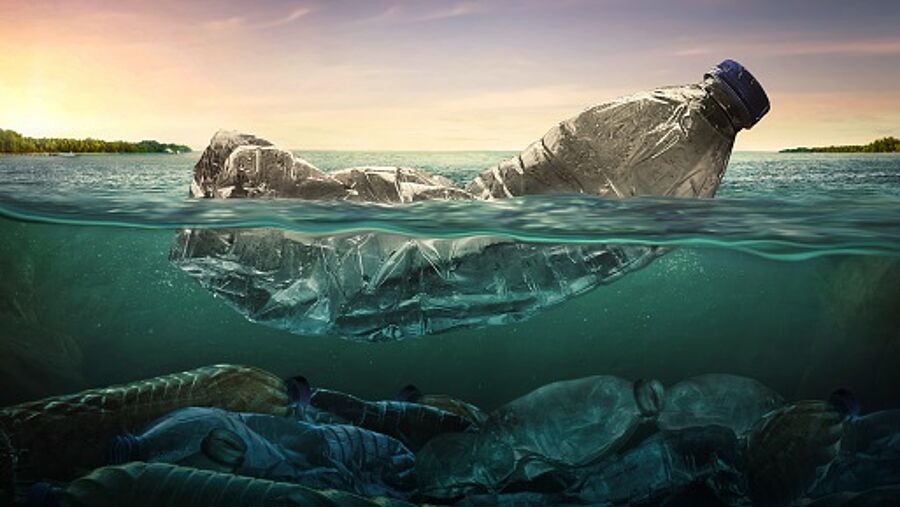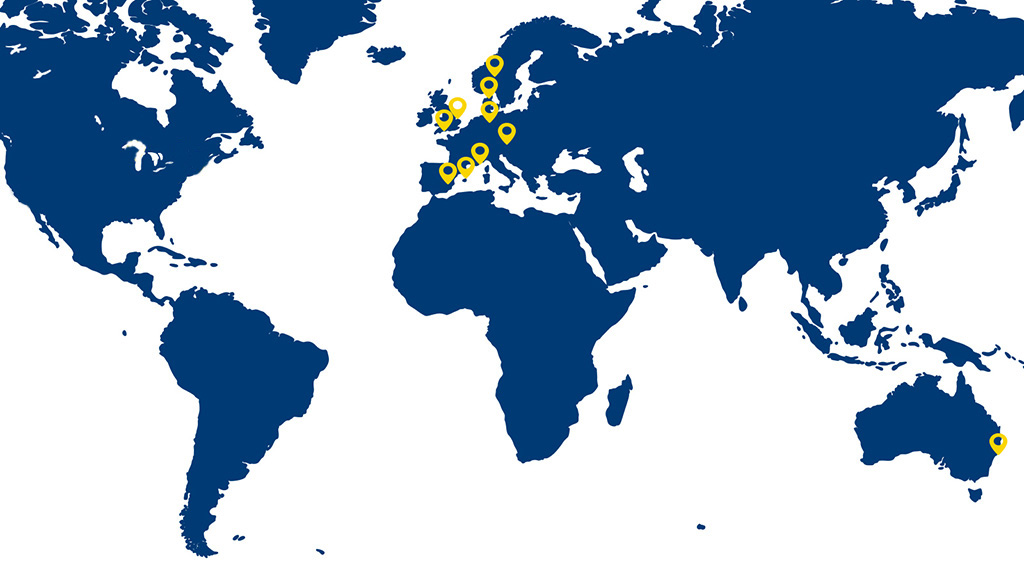What sailors can do for the environment
Although sailing uses the energy of the wind, every trip leaves an ecological footprint. Every sailor, be it on his own boat or on a chartered boat, can reduce this footprint with just a few small changes. Pantaenius will show you how.

Hand on your heart: During your summer cruise, do you look for waste separation or take plastic bottles back to your home deposit machine? On vacation, relaxation is the priority and the careful regard for recycling, or saving water and diesel, can be easily forgotten. But we sailors, and the maritime industry, need one thing above all else for our passion: healthy seas, rivers and lakes! However, the global water quality is in a bad state. According to a recent study by the Ellen Mac Arthur Foundation, in 2025 there will be one ton of plastic for every three tons of fish in the oceans.
If the amount of plastic waste in the sea remains unchanged, by 2050 there will be more plastic than fish, in terms of weight, swimming in our seas. Industry and shipping cause most of this pollution, but they’re not solely responsible: in Germany, for example, 320,000 takeaway cups are thrown away every hour! Everyone can do something.
5 environmental tips for sailors
1. A well-maintained engine in which the fuel is optimally burned and converted into kinetic energy has a savings potential of up to 40 per cent - good for your wallet and the environment! If you think ahead, you can consider electric propulsion for outboard boats or at least for the dinghy.
2. Plastic waste in the oceans is a huge problem. Microplastics, which are absorbed by fish, also return to our bodies - the consequences of these accumulated petroleum products have not yet been conclusively researched, but reducing plastic consumption is in any case appropriate. Instead of carrying small plastic bottles on board, fill larger canisters with clean drinking water where possible and then decant to smaller drinking bottles made of aluminium, stainless steel or bamboo.
3. After sailing, yachts are commonly rinsed down with fresh water once they’ve returned to their berth, but in hot, dry regions like the Mediterranean, water is scarce in the summer months. Use fresh water sparingly and only use detergents if it is really necessary.
4. When washing up, showering and cleaning, we have a choice between biodegradable products and products that are more harmful to the environment. These include, for example, cleaners containing chlorine or inorganic acids. Peelings and whitening toothpastes often contain microplastics; tiny plastic particles that have an abrasive effect. In the list of ingredients, they are commonly labelled as polyethylene (PE), polypropylene (PP), polyamide (PA) or polyethylene terephthalate (PET) - keep clear of these!
5. Anyone who makes a mammoth purchase in the supermarket at the start of a cruise not only buys a lot of food in unnecessary plastic packaging, but also gets deprived of discovering local delicacies. In Greece, for example, almost every island has its own cheese, its own wine, not to mention regional fruit and vegetables. Shopping in local markets not only supports the local economy, but is easy on the wallet and, due to the shorter transport distances, also on the environment.
